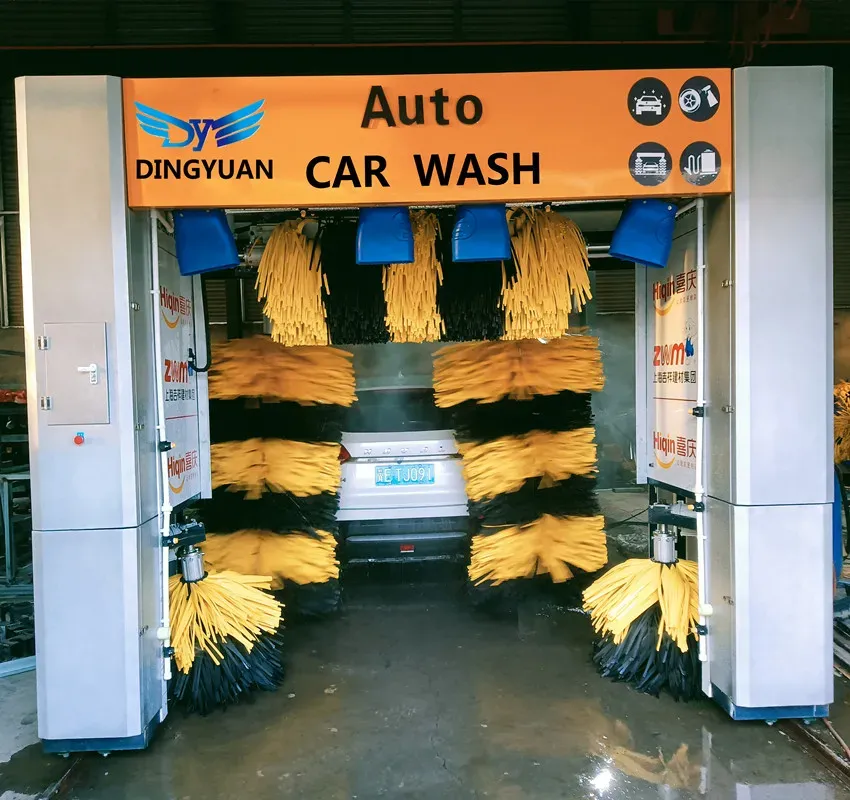
- Afrikaans
- Albanian
- Amharic
- Arabic
- Armenian
- Azerbaijani
- Basque
- Belarusian
- Bengali
- Bosnian
- Bulgarian
- Catalan
- Cebuano
- Corsican
- Croatian
- Czech
- Danish
- Dutch
- English
- Esperanto
- Estonian
- Finnish
- French
- Frisian
- Galician
- Georgian
- German
- Greek
- Gujarati
- Haitian Creole
- hausa
- hawaiian
- Hebrew
- Hindi
- Miao
- Hungarian
- Icelandic
- igbo
- Indonesian
- irish
- Italian
- Japanese
- Javanese
- Kannada
- kazakh
- Khmer
- Rwandese
- Korean
- Kurdish
- Kyrgyz
- Lao
- Latin
- Latvian
- Lithuanian
- Luxembourgish
- Macedonian
- Malgashi
- Malay
- Malayalam
- Maltese
- Maori
- Marathi
- Mongolian
- Myanmar
- Nepali
- Norwegian
- Norwegian
- Occitan
- Pashto
- Persian
- Polish
- Portuguese
- Punjabi
- Romanian
- Russian
- Samoan
- Scottish Gaelic
- Serbian
- Sesotho
- Shona
- Sindhi
- Sinhala
- Slovak
- Slovenian
- Somali
- Spanish
- Sundanese
- Swahili
- Swedish
- Tagalog
- Tajik
- Tamil
- Tatar
- Telugu
- Thai
- Turkish
- Turkmen
- Ukrainian
- Urdu
- Uighur
- Uzbek
- Vietnamese
- Welsh
- Bantu
- Yiddish
- Yoruba
digital car wash systems
The Rise of Digital Car Wash Systems Revolutionizing the Automotive Cleaning Industry
In today’s fast-paced world, technology is finding its way into every facet of our lives, and the automotive sector is no exception. One of the most noteworthy innovations in recent years is the development of digital car wash systems. These systems are not only transforming the way we clean our vehicles but also enhancing customer experience, increasing efficiency, and promoting sustainability in the automotive cleaning industry.
At the core of digital car wash systems is the integration of advanced technology that allows for a more streamlined operation. Traditional car washes often rely on manual labor, leading to inconsistencies in service quality and potential damage to vehicles. In contrast, digital systems incorporate automation and robotics, ensuring a uniform wash every time. From touchless washing techniques to high-pressure water jets, these systems can effectively remove dirt and grime without causing harm to the vehicle’s surface.
One of the key features of digital car wash systems is the implementation of mobile applications and online booking features. Customers can easily schedule appointments, choose their desired services, and even pay via their smartphones. This convenience not only saves time for customers but also helps car wash operators manage their operations better, reducing wait times and maximizing throughput. In an era where convenience is king, the ability to book a car wash at the touch of a button is a significant selling point.
digital car wash systems

Moreover, many digital car wash systems are equipped with advanced software that tracks customer preferences and wash history. This data allows operators to analyze trends and offer personalized services, enhancing customer satisfaction and loyalty. For instance, a car wash could send reminders to customers when their vehicle is due for a wash or offer special discounts based on their past spending. This level of personalization is increasingly important in today’s competitive marketplace, where customers are seeking more than just a service—they want an experience.
Another crucial aspect of digital car wash systems is sustainability. Environmental concerns are more prominent than ever, and consumers are increasingly mindful of the ecological impact of the businesses they support. Digital car washes typically utilize water-saving technologies, recycle water, and employ eco-friendly cleaning agents. These systems can dramatically reduce water usage compared to traditional car washes, making them a more sustainable option for eco-conscious consumers. By adopting green practices, car wash operators can appeal to a broader customer base while contributing positively to environmental conservation.
Furthermore, the implementation of digital car wash systems corresponds with the growing trend of contactless services, largely propelled by the COVID-19 pandemic. Many consumers now prefer to minimize physical interactions, and digital car wash solutions accommodate this need. Contactless payment options, as well as automated washing processes, ensure that customers can receive high-quality service without compromising their safety or comfort.
In conclusion, the advent of digital car wash systems marks a significant evolution in the automotive cleaning industry. By leveraging technology to enhance convenience, customer experience, and sustainability, these systems are not only redefining how we approach car washing but also setting new standards for service quality. As more businesses embrace digital solutions, we can expect to see a continued transformation in this industry, ultimately benefiting both consumers and the environment. Embracing these modern technologies is not just a trend; it is a necessity in today’s competitive landscape.
-
Integrating Aqua Tunnel Car Wash in Shopping CentersNewsJun.24,2025
-
Gas Station with an Auto Car Wash MachineNewsJun.24,2025
-
Efficiency in Your Aqua Tunnel Car Wash: Power & Water-SavingNewsJun.24,2025
-
Car Wash Business with Advanced Auto Car Cleaning MachinesNewsJun.24,2025
-
Balancing Setup Costs with Aqua Tunnel Car WashNewsJun.24,2025
-
Aqua Tunnel Car Wash: Eco-Design for the Energy-Savvy EntrepreneurNewsJun.24,2025



